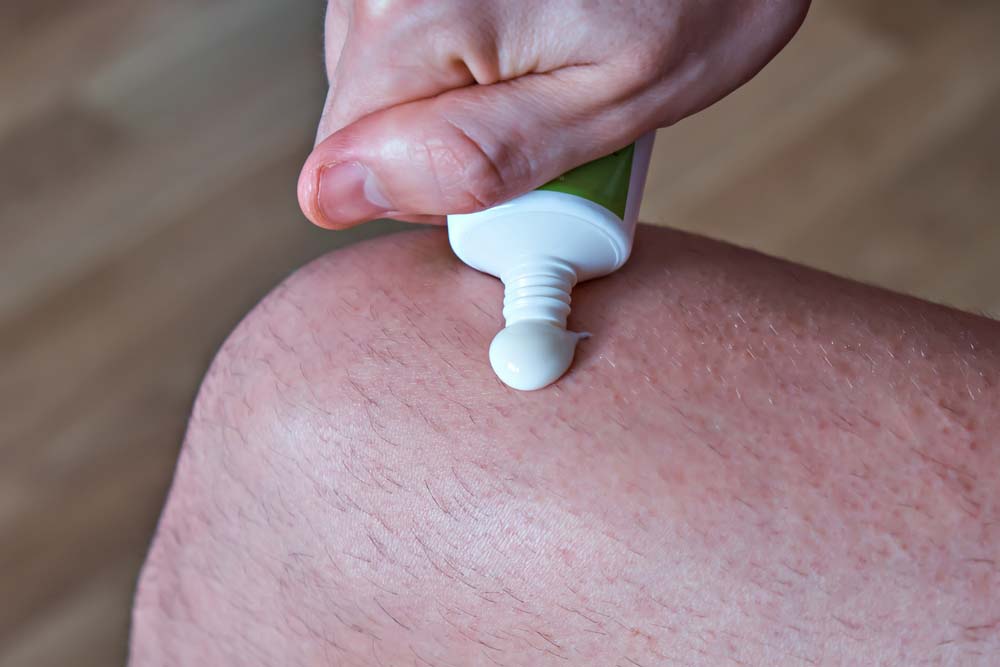 *photo courtesy of Volodymyr Ovcharov via Shutterstock
*photo courtesy of Volodymyr Ovcharov via Shutterstock
I’m sure you’re familiar with the huge range of creams, sprays and gels which claim to alleviate joint pain. These products work in a variety of ways, some using cold or CBD oil to alleviate pain, and many others using a non-steroidal anti-inflammatory.
The question is, do they work?
Arthritis creams and gels: worth a try?
The situation with these products is rather like the ‘nutraceuticals’ (i.e. turmeric, glucosamine etc) we’ve explored previously. The evidence is better for some than others, but in no case is the evidence especially strong.
Where these products do work, it’s likely down to a combination of factors. The product itself may have a mild analgesic effect. Massaging the cream into a sore joint may have a positive impact. And, as the Mayo Clinic notes, combining a cream with exercise is likely to lead to better results than use of the cream alone.
Ultimately, if you feel a particular product works for you, then as long as it continues to have a positive effect, I’d suggest continuing its use. As we’ve explored in these pages before, a knee replacement is something we’d only consider once other non-operative measures (which inevitably carry a lower risk than surgery) have been exhausted.
No cream or gel is likely to change the eventual outcome for an arthritic knee, but if it alleviates pain and helps you delay surgery, then all well and good. You’re certainly not burning any treatment bridges for the future in trying them.
But what happens once the cream stops being effective?
Next steps in osteoarthritis treatment.
Most of the patients visiting my Gloucestershire knee clinic do so because over-the-counter options stop being effective. But that doesn’t necessarily mean a knee replacement is the next step.
Physiotherapy focusing on the muscles around the knee can further delay the need for surgery, as can periodic steroid injections (or similar).
To explore your non-surgical options, as well as surgical ones, please get in touch or call 01242 246549
> Discover more about hip replacements
> Discover more about knee replacements
> How much will my hip or knee replacement cost?
